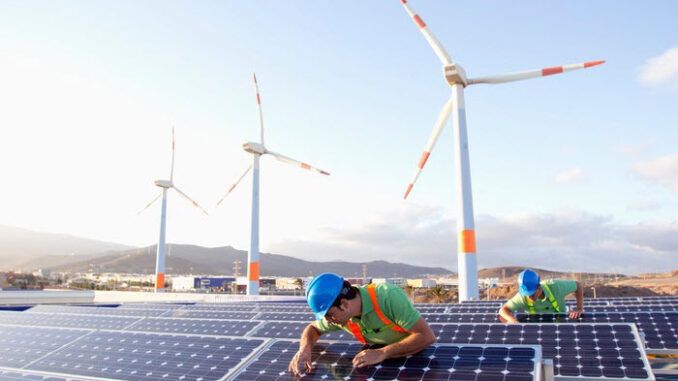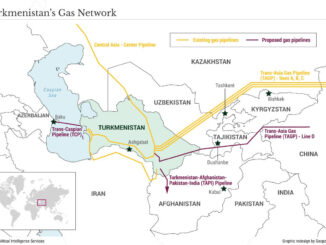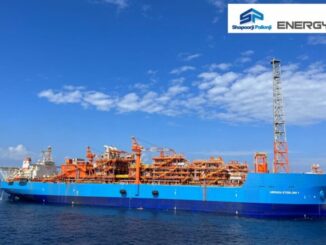
He said that RPOs should be made mandatory for every state and states should also come forward with a captive power policy to supply power to industries at a low costNew Delhi:Tulsi Tanti, the founder and chairman of Pune-based wind turbine manufacturer, and chairman of the Indian Wind Turbine Manufacturer association, said that by changing the reverse bidding process, India can deliver 10,500 MW capacity every year which will require about Rs 70,000 crore investment.
He spoke to ETEnergyWorld on the sidelines of the curtain raiser press meet for wind energy trade fair and conference, Windergy India 2022, scheduled to be held at Pragati Maidan from April 27-29, 2022. Edited excerpts:
What is your take on the state of India’s wind energy sector at the moment?
The sector is doing good in two ways. One, India is exporting turbines to other markets – the manufacturing capacity is 15,000 MW and about 90 per cent is domestic manufacturing. At present, India has 75,000 MW of installed capacity, last year the installed capacity was 1,500 MW and in current year we are expecting 2,500 MW, however, by changing the reverse bidding process we can deliver 10,500 MW capacity every year which will require about Rs 70,000 crore investment.
What are the key steps the government needs to take to boost the sector?
First, will be to remove the current bidding process and adopt the at-a-time seven state bidding process to unlock volume. Second, we require the production-linked incentive (PLI) scheme for the sector for 3 MW and larger turbine design development manufacturing to set up a new supply chain to further bring down cost of energy.
Third, 5 per cent goods and services tax (GST) is required on sale of electricity. At present, there is no GST on the wind energy being sold to the state electricity board. Today, whatever the GST we are paying on our purchase is 100 per cent of our cost and hence, the product is becoming expensive.
Further, renewable purchase obligations should be made mandatory for every state and states should also come forward with a captive power policy to supply power to industries at a low cost.
With the growing focus on green hydrogen projects in India, do you think the wind energy sector will get a boost from it?
Electrolysers, which are needed to produce green hydrogen, require a high PLF capacity utilisation. Solar gives a low PLF of 30 per cent, wind gives 42 per cent but if we run it on a wind-solar hybrid, the PLF is 60 per cent. Hence, for the utilisation of capex investment of the electrolyser the best solution is wind-solar hybrid set up in which 70 per ent should be wind and 30 per cent should be solar to make green hydrogen production economical.



